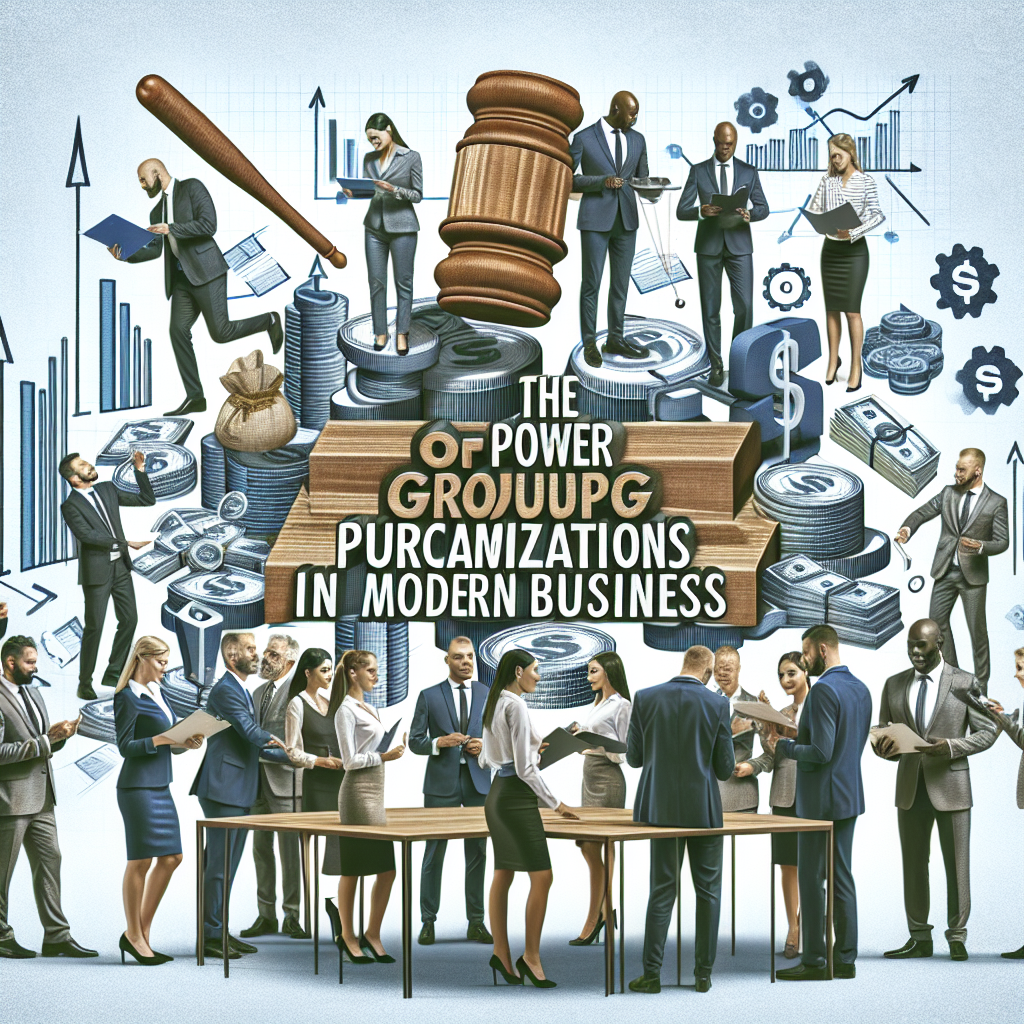Supplier audits are an essential part of ensuring that the products and services provided by suppliers meet the quality and compliance requirements of the purchasing organization. These audits are conducted to evaluate the supplier’s ability to consistently meet the specified requirements and to identify any areas for improvement. Supplier audits are typically carried out by a team of auditors who are trained in quality management and have a thorough understanding of the industry standards and regulations.
The main objective of a supplier audit is to assess the supplier’s quality management system, production processes, and overall capability to deliver products or services that meet the customer’s expectations. By conducting regular supplier audits, organizations can minimize the risk of receiving substandard products or services, reduce the likelihood of product recalls or customer complaints, and ultimately protect their brand reputation. Supplier audits also provide an opportunity for the purchasing organization to build a strong relationship with their suppliers, foster continuous improvement, and drive overall business success.
Understanding Quality and Compliance Requirements
Before conducting a supplier audit, it is crucial for the auditing team to have a clear understanding of the quality and compliance requirements that the supplier is expected to meet. This includes understanding the industry-specific regulations, customer specifications, and any other relevant standards that apply to the products or services being supplied. The auditing team should also be familiar with the organization’s own quality management system and any specific requirements or expectations that have been communicated to the supplier.
In addition to understanding the technical requirements, it is important for the auditing team to consider the broader context in which the supplier operates. This includes assessing the supplier’s financial stability, ethical practices, and commitment to sustainability. By taking a holistic approach to supplier audits, organizations can ensure that they are not only receiving high-quality products or services but also aligning with suppliers who share their values and contribute to their overall business objectives.
Preparing for a Supplier Audit
Effective preparation is key to conducting a successful supplier audit. The auditing team should begin by developing a detailed audit plan that outlines the scope, objectives, and criteria for the audit. This plan should also include a schedule for the audit activities, as well as a list of documents and records that will be reviewed during the audit. It is important for the auditing team to communicate with the supplier in advance to schedule the audit and provide them with any necessary information or instructions.
In addition to planning the logistics of the audit, the auditing team should also ensure that they have the necessary resources and expertise to conduct a thorough assessment of the supplier’s operations. This may involve training auditors on specific industry standards or regulations, as well as providing them with any tools or templates that will be used during the audit. By investing time in preparation, organizations can ensure that their supplier audits are conducted efficiently and effectively, leading to meaningful insights and actionable recommendations.
Conducting a Supplier Audit
The actual process of conducting a supplier audit involves a series of activities that are designed to evaluate the supplier’s quality management system, production processes, and overall capability to meet the specified requirements. This typically includes reviewing documentation such as quality manuals, procedures, and records, as well as observing production processes and interviewing key personnel. The auditing team should also assess the supplier’s facilities, equipment, and any other resources that are relevant to the products or services being supplied.
During the audit, it is important for auditors to maintain a professional and objective approach, while also being open to communication and collaboration with the supplier. This may involve asking clarifying questions, seeking additional information or evidence, and providing feedback on any observations or findings. By fostering a constructive dialogue with the supplier, organizations can gain a deeper understanding of their operations and identify opportunities for improvement that will ultimately benefit both parties.
Addressing Non-Conformities and Corrective Actions
Inevitably, supplier audits may uncover non-conformities or areas where the supplier is not meeting the specified requirements. When this occurs, it is important for the auditing team to work with the supplier to address these issues in a timely and effective manner. This may involve developing corrective action plans that outline specific steps to be taken by the supplier to rectify any non-conformities, as well as establishing timelines for implementation and verification of these actions.
In addition to addressing non-conformities, organizations should also consider opportunities for continuous improvement that may arise from the audit findings. This could involve identifying best practices or areas of excellence within the supplier’s operations that could be shared across the organization or used as benchmarks for other suppliers. By taking a proactive approach to addressing non-conformities and driving continuous improvement, organizations can strengthen their relationships with suppliers and enhance overall supply chain performance.
Maintaining Ongoing Supplier Compliance
Supplier audits should not be viewed as a one-time event but rather as part of an ongoing process of monitoring and managing supplier compliance. Organizations should establish mechanisms for regular monitoring of supplier performance, including key performance indicators (KPIs) that are aligned with quality and compliance requirements. This may involve conducting periodic follow-up audits or assessments, as well as maintaining open lines of communication with suppliers to address any emerging issues or changes in requirements.
In addition to monitoring performance, organizations should also consider providing support and resources to help suppliers maintain compliance over time. This could involve offering training or guidance on specific quality management practices or regulatory requirements, as well as sharing best practices or lessons learned from other suppliers. By taking a proactive approach to maintaining ongoing supplier compliance, organizations can minimize risks and drive continuous improvement throughout their supply chain.
Best Practices for Effective Supplier Audits
In order to conduct effective supplier audits, organizations should consider implementing several best practices that can help maximize the value of these assessments. This includes establishing clear criteria and objectives for audits, ensuring that auditors are well-trained and knowledgeable about industry standards and regulations, and fostering open communication and collaboration with suppliers throughout the audit process. Organizations should also consider leveraging technology and data analytics to streamline audit activities and enhance visibility into supplier performance.
Another best practice for effective supplier audits is to prioritize transparency and accountability throughout the process. This includes clearly communicating expectations to suppliers in advance of audits, providing them with feedback on audit findings, and working collaboratively to develop corrective action plans when non-conformities are identified. By fostering a culture of transparency and accountability, organizations can build stronger relationships with their suppliers and drive continuous improvement across their supply chain.
In conclusion, supplier audits play a critical role in ensuring that organizations receive high-quality products and services from their suppliers while also driving continuous improvement and maintaining compliance with industry standards and regulations. By understanding quality and compliance requirements, preparing effectively for audits, conducting thorough assessments, addressing non-conformities, maintaining ongoing compliance, and implementing best practices, organizations can maximize the value of their supplier audits and build strong relationships with their suppliers. Ultimately, effective supplier audits contribute to overall business success by minimizing risks, enhancing supply chain performance, and protecting brand reputation.





